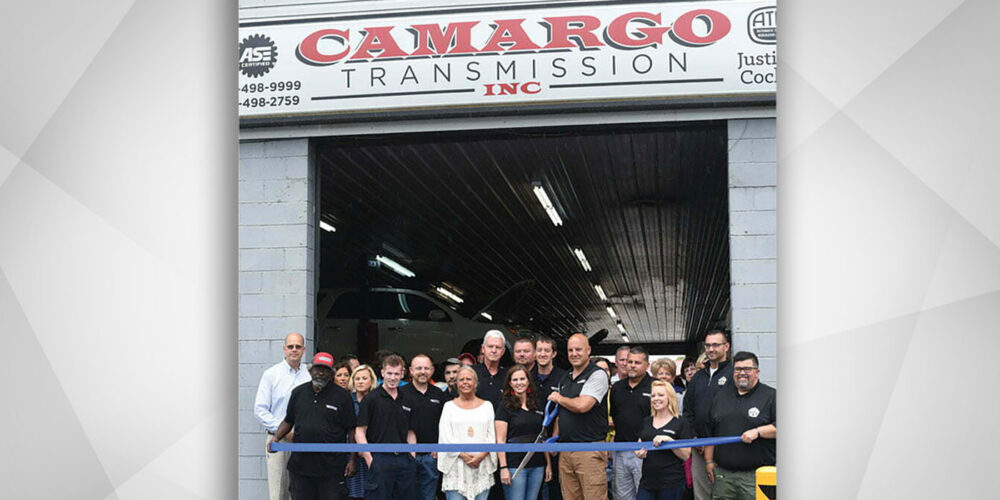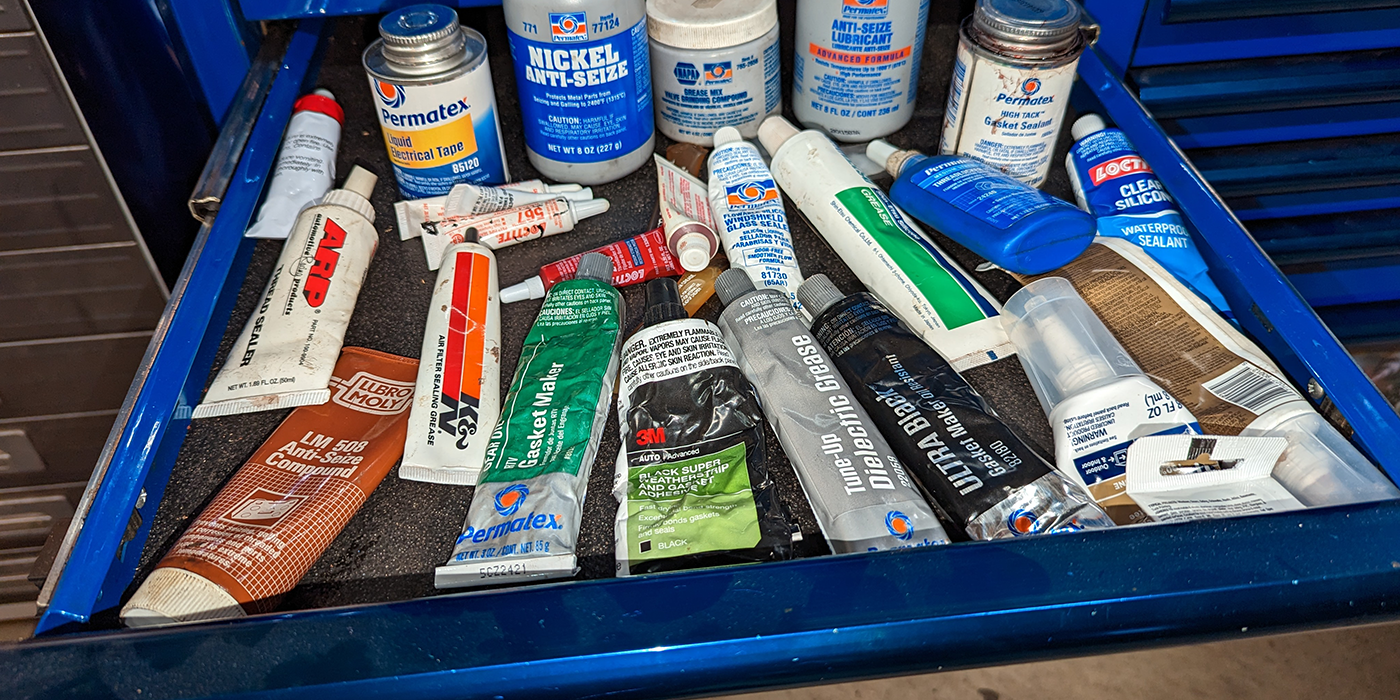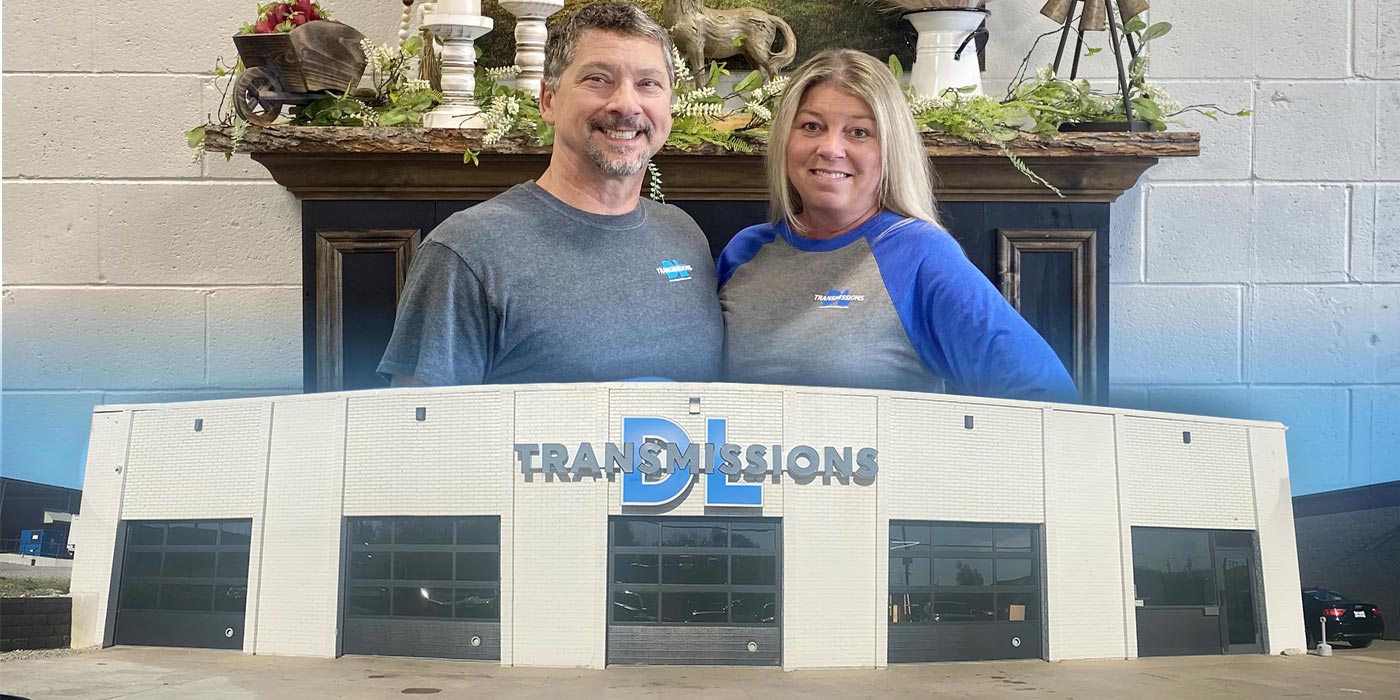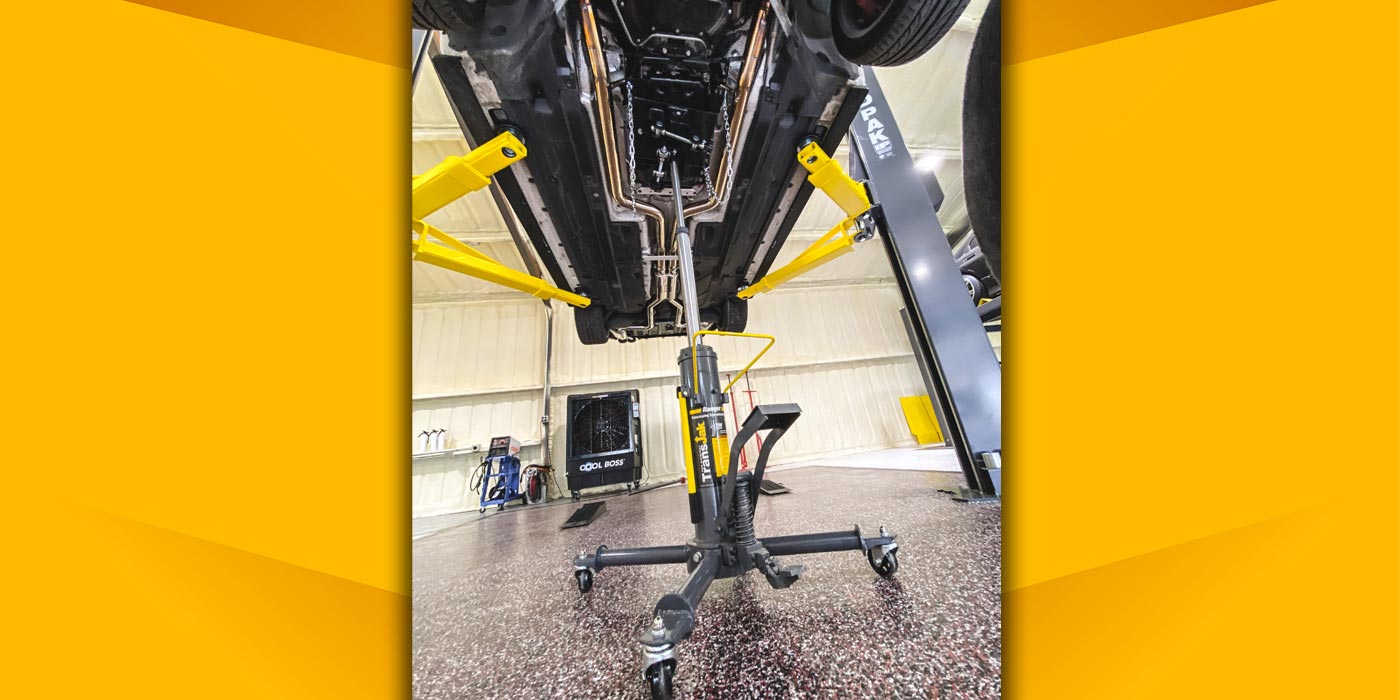
It’s Your Business
- Author: Terry Greenhut, Business Editor
- Subject Matter: Management
- Issue: Improving employee morale
What were your last 10 or 15 employee exchanges like? Chances are they included phrases like “I need you to finish that job by the end of the day” or “How much longer do you think it’ll take to do that?” After all, you can’t run a business without addressing these types of issues. And chances are, unless they were delivered in a – shall we say – forceful tone of voice, your employees don’t mind hearing pertinent instructions and questions. So why does their morale seem to be drooping?
The problem might not be what you’re saying, but what you’re not saying. The good news is, with a few well-chosen words you can nurture employee relationships and help to enhance their engagement in your purpose.
In the midst of the everyday chaos of running a business, leaders often don’t think about what they could or should say to motivate their employees. They assume that their employees know how they feel about each person’s individual performance and about the company’s health in general. Usually, though, that’s not the case.
Leaders often are way more into the success of the company than what it takes to keep their employees motivated to follow in the same direction. Employees never bring it up themselves, but there are certain phrases they really want to hear from their leaders – phrases that show them they are essential members of the team and are appreciated. Some have to do with affirmation and others center on encouragement, reassurance, respect, gratitude or trust. When you verbalize these things – which takes only a few seconds of your time – you will notice a big change in your employees’ motivation, commitment and productivity.

If you start incorporating phrases like the following into your at-work vocabulary your employees will be far more eager to get on board with your overall strategy for growing the business:
“I need your help.” The age of rule-with-an-iron-fist, top-down leadership is fading fast. More and more, organizations in all industries are realizing that there’s an almost magical power in the synergy of teams. Here’s how that applies to you: Your employees all have unique skill sets, experiences and ideas, so tap into them.
Yes, your employees will be looking to you to steer your shop in the right direction, but they know you’re human, and they don’t expect you to have all the answers, so the next time you’re facing a difficult decision or brainstorming options, ask your team for help. Rather than losing respect for you as a leader, they’ll appreciate that you treated them as valued partners and they’ll feel more invested in your shop’s future because they had more of a hand in creating it.
“How is your family?” The truth is, people don’t care how much you know (or how good you are at your job) until they know how much you care. Your employees will be more loyal and more motivated if they feel valued as individuals, not just as job descriptions, get to know each team member on an individual basis and incorporate that knowledge into your regular interactions. For instance, if you know that John has a daughter who’s applying to college, ask him which schools she’s considering. Or if Fred just came back from vacation, ask to see a few pictures.
Showing genuine interest and caring is a great motivator. When you dare to get personal, your employees’ desire to please you will increase. I made a habit of recommending books I thought they might enjoy. I sent motivational quotes to employees who might appreciate them. I attended all weddings, funerals and graduations to which I was invited. And you know what? Not only did I fuel my employees’ engagement but I also formed a lot of meaningful relationships that continue to this day.
“What do you need from me?” Often, employees are anxious about asking the boss for what they need, whether it’s updated equipment and shop tools, more time to complete a job, advice etc. They may fear a harsh response, want to avoid looking needy or simply think that it’s “not their place” to ask for more than you’ve already provided. By explicitly asking what you can give them, you extend permission for your people to make those requests, and they certainly will appreciate it.

Be sure to treat any requests you receive seriously. If you can’t give an employee what she asks for, explain why and work with her to find another solution. Either way, this question (and the conversations it sparks) can give you valuable insight regarding how to improve your company’s operations, facilities and culture. It also can show you how to best develop and support individual team members.
“I noticed what you did.” Every day, your employees do a lot of “little” things that keep your company running smoothly and customers coming back: Double-checking to make sure a car is spotless before delivering it, smiling at customers and sincerely thanking them after each transaction, giving extra service in comeback situations and so forth. Unfortunately, in many shops, these everyday actions are taken for granted, which (understandably) has a negative effect on employee morale.
Your employees want to know that you notice and value the mundane parts of their jobs – not just the big wins and achievements. That’s why I recommend making it your mission to catch as many of your employees as possible in a good act. Then, point out exactly what it is about their behavior that you appreciate, using phrases like: “Sal, I’ve noticed that you always take such care to keep the tool room neat. Thank you!” It takes only about five seconds to say but can pay long-lasting dividends for your company in terms of morale and motivation.
“Thank you.” Yes, your employees may crave recognition for doing the mundane parts of their jobs, but that doesn’t mean that they won’t also appreciate a heartfelt “thank you” for bigger accomplishments. Whether it’s “Thanks for staying late last night,” “Thanks for being so patient with Mrs. Smith; I know she can be a difficult customer,” “Thank you for making our first quarter a huge success” or something else, your people will treasure your appreciation more than you realize.
People love to hear positive feedback about themselves, and in most cases they’ll be willing to work a lot harder to keep the compliments and thanks coming. Praise, especially when it comes sincerely from an authority figure, is incredibly fulfilling. (And, sadly, it’s also rare.) On that note, make sure that you praise and acknowledge your people in a positive way much more often than you criticize them. That’s because negative feedback tends to stick in most people’s memories longer, so you need to counterbalance it.
“Hey, everyone; listen to what Joe accomplished!” Everybody loves to be recognized and complimented in front of their peers, so don’t stop with a mere compliment when an employee experiences a win; tell the rest of the team, too! Whether correctly or incorrectly, many employees feel as if their leaders point out only their mistakes in front of the group, so make it your daily mission to prove that perception wrong. In fact, a code to live by should be, “Compliment in public; criticize in private.”
“Other than your present job title, what would you like to do here?” Sure, you originally hired each of your employees to do specific jobs. But over time, your company has grown and changed, and so have your people. It’s a good idea to check in with each of them periodically to ask what they’d like to be doing. You might be surprised to learn, for instance, that some have designs on being managers or owners but others might tell you they just want to be the best at what they do. You might be even more pleasantly surprised to find that some might have a previously hidden knack for doing Internet and social-media promotion that could prove a huge help in the growth of the business.
Annual performance reviews might be a good time to discuss this topic with your employees. No, you won’t always be able to accommodate every employee’s preferences, but whenever possible, keep job descriptions within your company fluid and allow your people to have a say in matching their skills to the company’s needs. This is one of the best ways I know to build loyalty and encourage your employees to really take ownership of their jobs. After all, they’ll have had a hand in designing them!
“I have some bad news.” You certainly don’t mind sharing good news with your employees, but bad news is a different story. Your instinct might be to play down negative developments or even keep them to yourself entirely. Nobody wants to be the person who says, “We’re going to have to eliminate some positions over the next six months” or “Unfortunately, our company can’t afford to provide raises or bonuses this year.”

Nevertheless, your employees deserve to hear the truth from you as soon as possible. They aren’t stupid and will be able to tell when something is “up” even if you don’t acknowledge it. By refusing to share bad news, you’ll only increase paranoia and anxiety, neither of which is good for engagement or productivity. But when you treat your people like responsible adults by being honest and open, they will appreciate your transparency, and often you’ll find that they’re willing to increase their efforts voluntarily to help you turn the tide.
“What do you think?” Maybe you’ve never put much emphasis on the thoughts and opinions of your employees. After all, you pay them a fair wage to come to work each day and perform specific tasks. As a leader, it’s your job to decide what those tasks should be and how they should be carried out. Well, yes, strictly speaking, but this approach to leading your team sends the impression that you’re superior (even if that’s not your intent) and also contributes to disengagement.
Employees who are continually told what to do feel like numbers or cogs in a machine. Often, their performance will be grudging and uninspired. To unlock buy-in and achievement, make your employees feel like valued partners by asking them for their opinions, ideas and preferences. Again, they’ll be much more invested in your shop’s success because they had an active part in creating it. And guess what; your employees probably won’t care as much as you think they will if their suggestions don’t become reality. Mostly, they just want to know that their voice was heard by the people in charge.
“Here’s how our company works and where we stand.” In many companies, employees in one department don’t know much about what’s happening in others. Generally, this state of affairs doesn’t cause too many problems, but helping your employees make connections regarding how your company works from top to bottom will streamline internal processes, reduce misunderstandings and promote team spirit.
Again, this is all about transparency and treating employees like partners. When you make a point of showing everyone how your business works and how their specific job descriptions fit into the overall machinery, you’ll find that us-versus-them thinking tends to decline and that profit-minded solutions begin to proliferate.
“That’s OK. We all make mistakes. Let’s talk about how to fix this.” In business, mistakes are going to happen, and in many instances, the impact they have on your company revolves around how you as a leader handle them. Sure, yelling at an employee who has dropped the ball may make you feel better in the short term, but it’ll negatively impact that employee’s self-confidence, relationship with you and feelings for your company for much longer.
Don’t get me wrong. You shouldn’t take mistakes lightly (especially those involving negligence or incompetence). But when your employees have made an honest mistake, try to be as understanding with them as you would be with your own family members. Take a deep breath and remind yourself that the employee feels bad already and that yelling or lecturing won’t change the past. Instead, focus on figuring out what went wrong and how to keep it from happening again. Did the employee (or the company as a whole) learn something? Should a process or procedure be tweaked going forward to reduce the chances of something similar recurring?

Also, never forget that mistakes are an essential part of growth. The innovation and creativity it takes to grow a business will be accompanied by setbacks and slip-ups. You don’t want to create an environment where people don’t take potentially productive risks because they’re afraid you’ll get mad if they screw up.
“You deserve a reward.” Although I believe that simple things like gratitude, respect and autonomy make people happy, I also know that bigger salaries, bonuses, vacation time and other perks have their place in raising employee engagement. The truth is, you’ll be hard pressed to find an employee who doesn’t appreciate these things.
When resources allow, look for ways to reward your employees for their hard work. Remember, nobody wants to work for a Scrooge! Thanking employees with everything from sports tickets to door-prize drawings to vacations in nice places shows your appreciation and motivates others to go for the brass ring as well.
“I know you can do it.” Of course, you should try to hire employees who are confident and self-directed, but even the most self-assured individuals appreciate an explicit vote of confidence from their leaders.
Continually challenge your people and push them to improve while reassuring them that you believe in them. Everyone, no matter how capable or experienced they are, appreciates encouragement.
“You’ve got the ball – I’m stepping back.” Most micromanaging leaders don’t set out to annoy or smother their employees. The problem is, they care a lot and want to make sure everything is done just so and that no balls are dropped or opportunities missed. The problem is, excessive hovering can give employees the impression that you don’t trust or have faith in them, a belief that actively undermines engagement.
Once you’ve delegated a task, step back and let your employees do what you’ve asked of them. Yes, I know that can be easier said than done. If you have to, lock yourself in your office or go for a walk around the building to keep yourself from hovering! It also may help to remind yourself that you hired each of your employees for a reason, that you have faith in their potential and that if they do need help they know where to find you.
Try to remember that business is always personal. Specifically, it’s about reaching and motivating each of your employees on a personal level so that they care about contributing to your company’s ultimate success.














